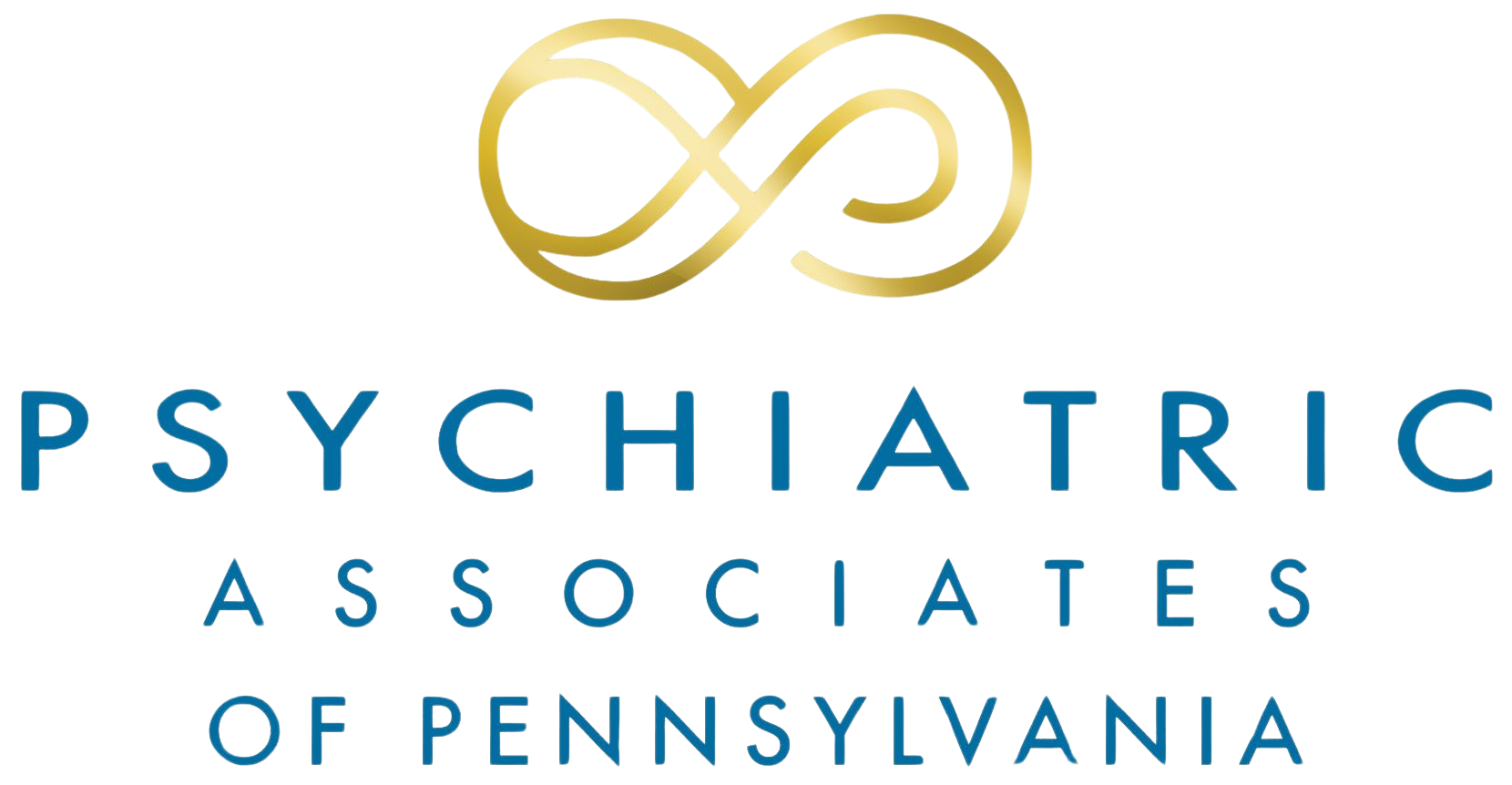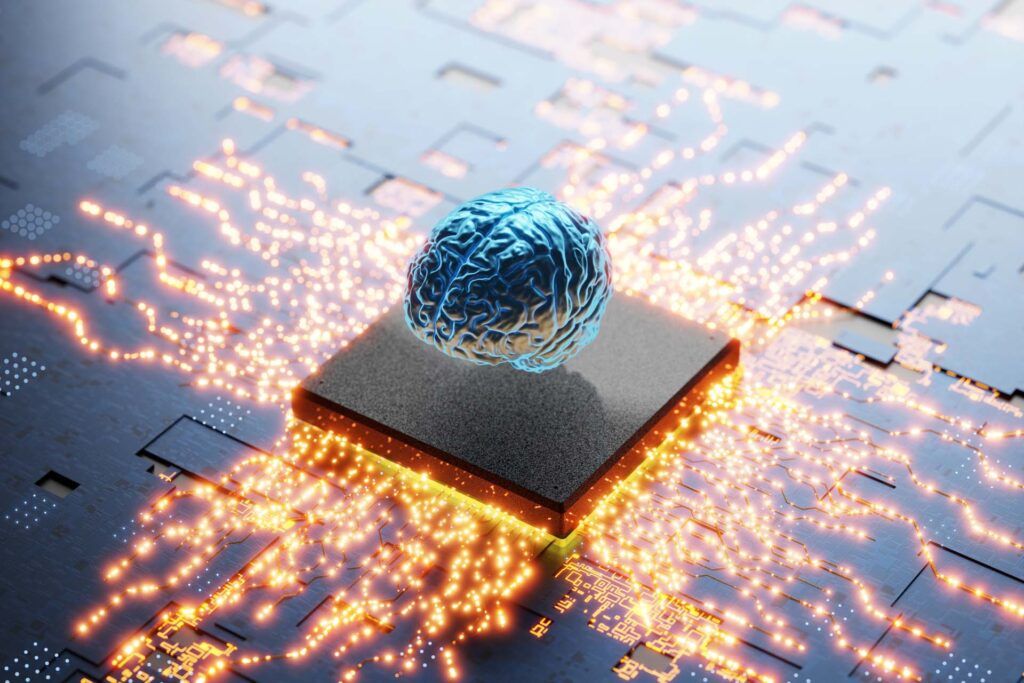What is neurotechnology?
Neurotechnology refers to a field of science and engineering that focuses on understanding, modifying, and interacting with the brain and nervous system using technology. It encompasses various disciplines, including neuroscience, computer science, biomedical engineering, and psychology. The primary goal of neurotechnology is to develop tools, techniques, and devices that can monitor, record, stimulate, or repair the brain and its functions.
What are applications of neurotechnology?
Neurotechnology encompasses a wide range of applications and areas of research. Some of the key areas include:
BCIs are systems that establish direct communication pathways between the brain and external devices. They enable individuals to control external devices, such as prosthetic limbs or computer interfaces, using their thoughts or neural activity.
Neuroimaging techniques, such as functional magnetic resonance imaging (fMRI), electroencephalography (EEG), and magnetoencephalography (MEG), are used to visualize and study brain structure, function, and connectivity. These techniques help researchers understand how the brain processes information and how different regions interact.
Neural prosthetics are devices that replace or restore lost or impaired sensory or motor functions. For example, cochlear implants help restore hearing, while retinal implants aim to restore vision in people with certain types of visual impairments.
Neurostimulation involves delivering electrical or chemical stimuli to the nervous system to modulate its activity. This can be used to treat various neurological conditions, such as Parkinson’s disease, epilepsy, or depression.
Neuroinformatics combines neuroscience and information technology to develop tools and databases for storing, analyzing, and sharing neuroscientific data. These resources help researchers collaborate and gain insights into the structure and function of the brain.
Neurotechnology has the potential to revolutionize healthcare, assist individuals with disabilities, enhance cognitive abilities, and deepen our understanding of the brain. Ongoing research and technological advancements in this field continue to expand the possibilities for improving human health and quality of life.
How can neurotechnology help with mental health?
Neurotechnology has the potential to contribute to mental health in several ways. While it’s important to note that mental health conditions are complex and multifaceted, neurotechnology offers promising avenues for research, diagnosis, treatment, and support.
Here are some ways neurotechnology can help with mental health:
Techniques like transcranial magnetic stimulation (TMS) and transcranial direct current stimulation (tDCS) are being explored as non-invasive methods to modulate brain activity. They have shown promise in treating conditions like depression, anxiety, and obsessive-compulsive disorder. These techniques involve applying magnetic or electrical stimulation to specific brain regions, aiming to normalize or regulate neural activity.
Neurofeedback involves providing real-time feedback about an individual’s brain activity to help them self-regulate and improve their mental state. Through neuroimaging or EEG, individuals can observe their brain activity and learn techniques to modulate it. This can be beneficial for conditions such as attention-deficit/hyperactivity disorder (ADHD), anxiety, post-traumatic stress disorder (PTSD), and various forms of insomnia.
Neurotechnology is integrated into various digital therapeutics and mobile applications aimed at improving mental health. These tools often combine techniques such as cognitive behavioral therapy (CBT), mindfulness, and biofeedback. They provide accessible and convenient platforms for individuals to monitor their mental well-being, engage in therapeutic exercises, and receive support.
It’s worth noting that while neurotechnology shows promise, its applications in mental health are still evolving. Ethical considerations, data privacy, and the need for robust scientific validation are essential factors to consider as these technologies advance. Additionally, neurotechnology should be integrated with comprehensive, multidisciplinary approaches that include therapy, medication, and social support to provide holistic care for individuals with mental health conditions.
















